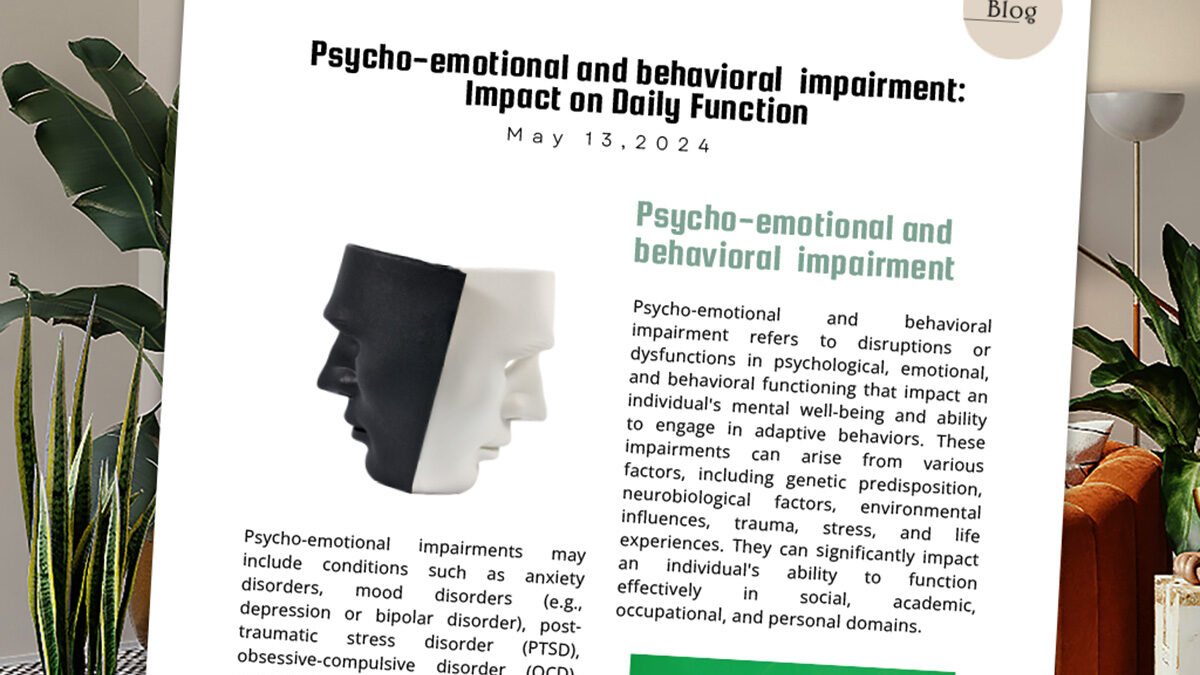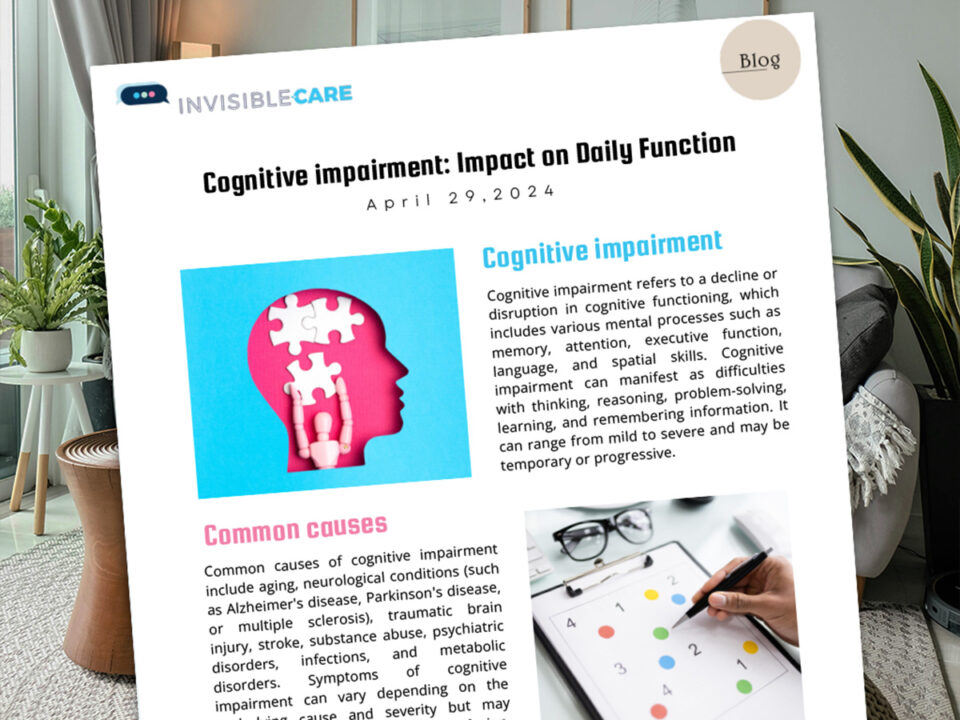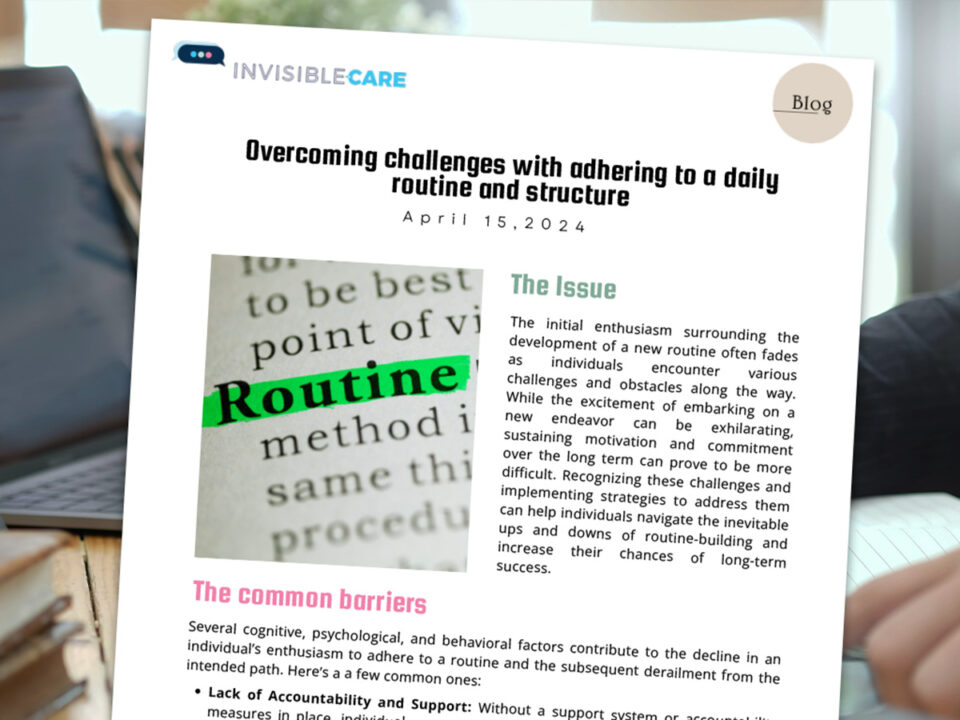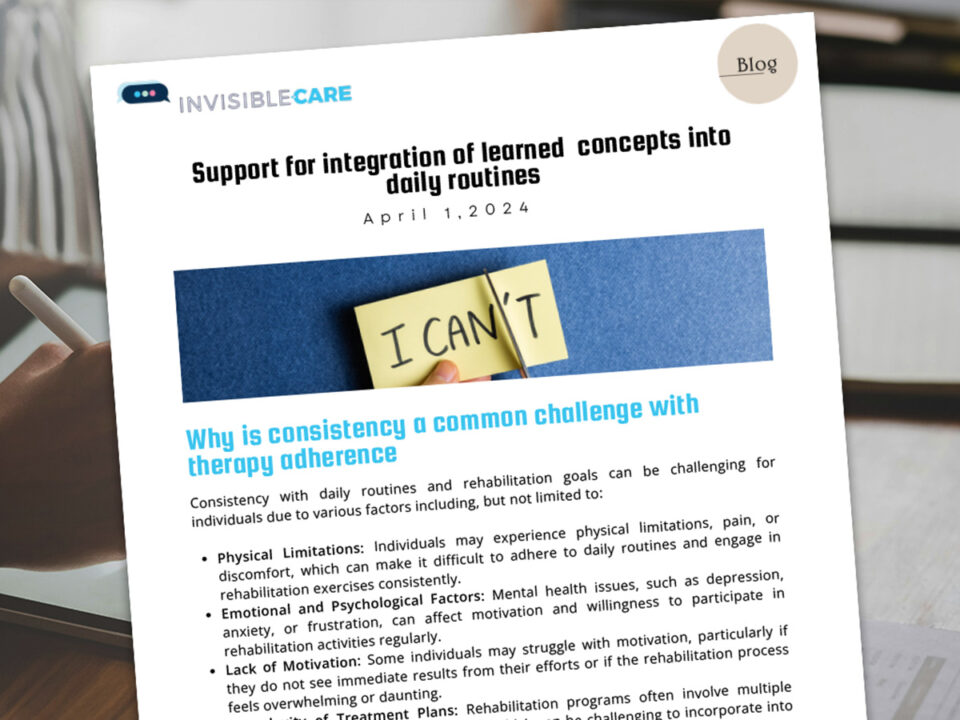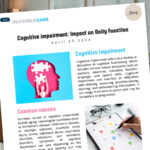
Cognitive impairment: Impact on Daily Function
April 29, 2024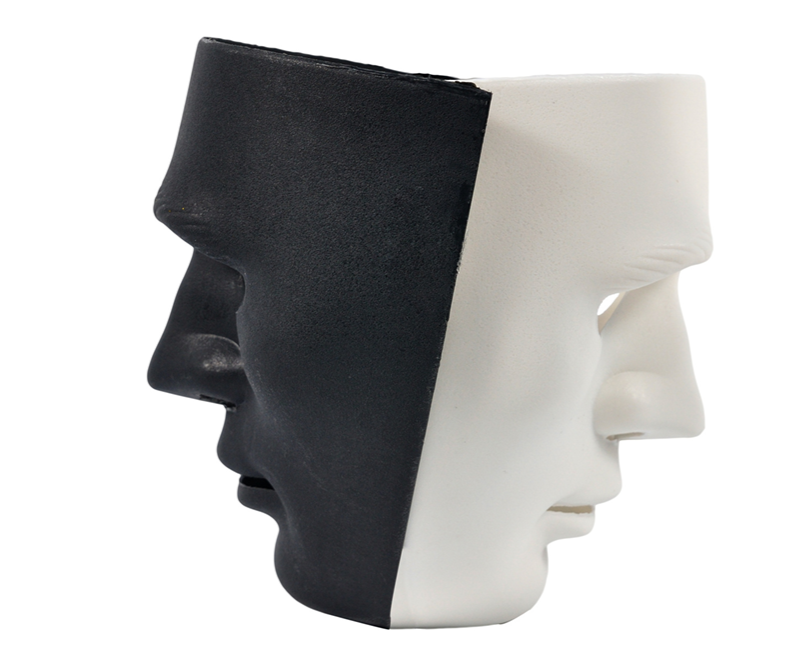
Psycho-emotional and behavioral impairment
Psycho-emotional and behavioral impairment refers to disruptions or dysfunctions in psychological, emotional, and behavioral functioning that impact an individual’s mental well-being and ability to engage in adaptive behaviors. These impairments can arise from various factors, including genetic predisposition, neurobiological factors, environmental influences, trauma, stress, and life experiences. They can significantly impact an individual’s ability to function effectively in social, academic, occupational, and personal domains.
Psycho-emotional impairments may include conditions such as anxiety disorders, mood disorders (e.g., depression or bipolar disorder), posttraumatic stress disorder (PTSD), obsessive-compulsive disorder (OCD), personality disorders, and psychotic disorders. These conditions can involve disturbances in mood, affect, cognition, perception, and interpersonal relationships. Behavioral impairments encompass difficulties in regulating behavior, emotions, and impulses, which may manifest as disruptive, aggressive, or self-destructive behaviors. Examples of behavioral impairments include attention-deficit/hyperactivity disorder (ADHD), conduct disorder, oppositional defiant disorder (ODD), impulse control disorders, and substance abuse disorders.


Impact on ADLs and IADLs
Psycho-emotional and behavioral impairments can significantly impact an individual’s ability to complete basic and instrumental activities of daily living (ADLs and IADLs). Here’s how these impairments affect some of these abilities:
Basic Activities of Daily Living (ADLs):
- Personal Hygiene: Psycho-emotional and behavioral impairments, such as depression or anxiety, can affect an individual’s motivation and energy levels, making it difficult to maintain personal hygiene routines. Lack of motivation, low self-esteem, or feelings of hopelessness may result in neglect of grooming and bathing tasks.
- Mobility: Emotional distress or behavioral issues, such as agitation or aggression, can impact an individual’s ability to move safely and independently. Mood disturbances or impulsive behavior may increase the risk of falls or accidents, particularly during mobility tasks such as transferring or walking.
- Continence: Emotional distress or psychological conditions, such as stress or anxiety disorders, may exacerbate symptoms of urinary or fecal incontinence. Fear, embarrassment, or social isolation related to incontinence issues may hinder individuals from seeking appropriate management and support.
Instrumental Activities of Daily Living (IADLs):
- Household Management: Psycho-emotional and behavioral impairments, such as depression, bipolar disorder, or attention-deficit/hyperactivity disorder (ADHD), can affect an individual’s ability to manage household tasks effectively. Lack of motivation, difficulty concentrating, or impulsivity may result in disorganization, neglect of chores, or difficulty completing tasks such as cooking, cleaning, or managing finances.
- Medication Management: Emotional distress or behavioral challenges may interfere with an individual’s ability to adhere to medication regimens. Forgetfulness, distractibility, or impulsivity can lead to missed doses, incorrect dosing, or medication non-adherence, exacerbating health issues and reducing treatment efficacy.
- Communication and Transportation: Psycho-emotional and behavioral impairments may affect an individual’s social interactions, communication skills, and ability to navigate their environment. Social withdrawal, anxiety in social situations, or difficulty with emotional regulation may impact an individual’s confidence, assertiveness, and ability to communicate needs effectively or utilize transportation services independently.

Summary
In summary, psycho-emotional and behavioral impairments can interfere with an individual’s motivation, emotional wellbeing, and adaptive functioning, making it challenging to complete basic and instrumental activities of daily living independently. As a result, individuals with these impairments may require comprehensive support, therapy, or intervention strategies to address their psycho-emotional and behavioral needs and promote their functional independence and well-being.


